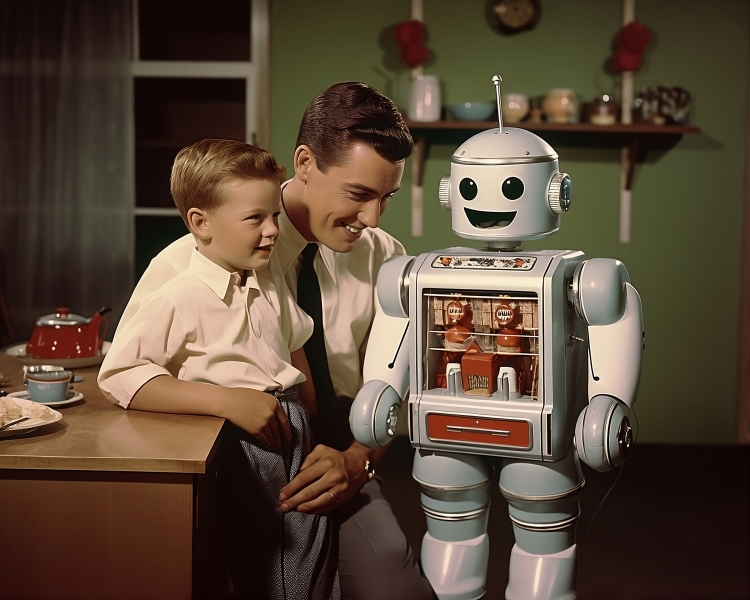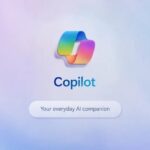
From its inception in the 1950s, artificial intelligence research has strived to develop machines with autonomous intelligence that could act autonomously as intelligent agents in real life environments.
OpenAI, the creator of ChatGPT, took another step closer to realizing their dream this week by unveiling new technology that opens up possibilities for autonomous agents. At their inaugural developer conference in San Francisco on Monday, OpenAI made numerous major announcements – GPT-4 Turbo was introduced as well as customizable versions of ChatGPT.
However, more attention should have been drawn to a new tool called Assistants API which was unveiled at the very end of keynote presentation and which allows programmers to quickly build tailored “assistants” that understand natural language, execute functions within applications quickly, and utilize services such as computer vision.
Romain Huet, OpenAI’s Head of Developer Experience, described the Assistants API launch as a “baby step” towards future fully autonomous AI agents during a discussion with VentureBeat shortly after leaving stage. However, this seemingly innocuous “baby step” holds potential to profoundly alter our interactions with technology in everyday life.
Huet built an assistant for Wanderlust travel app using GPT-4 destination suggestions and DALL-E 3 API travel guide illustrations (video at 33:16 mark). In minutes, this travel assistant proved its capacity for planning and booking vacations normally handled by human travel agents.
Huet explained the potential power of the Assistants API as it allows developers to integrate “assistants” into their apps using OpenAI models with specific instructions to tailor capabilities and personalities, calling upon multiple tools in parallel such as code interpreter and knowledge retrieval system.
Un truly astounding aspect of AI assistants is the potential for cross-collaboration among them. As more developers integrate AI assistants into their products, it’s becoming easier to envision an environment in which various AI agents collaborate together to complete tasks; one command to book a vacation could prompt multiple AI agents – one to book flights, another secure hotel reservations and yet another plan activities – working in unison to complete it.
Difference Between Assistants and Agents
By allowing GPT-4 to work seamlessly with existing apps and services, the Assistants API creates a novel paradigm of AI-assisted tasks. Instead of acting solely as passive tools for task execution, these AI “assistants” become active participants in task completion; which brings us one step closer towards AI as personal assistant.
The main distinction between the Assistants API and fully autonomous AI agents lies in their level of independence. Idealized AI agents would execute tasks independently without needing human oversight – something the Assistants API doesn’t quite achieve yet but is definitely moving in that direction.
Future AI Assistants will evolve quickly in 2017.
OpenAI’s recent update has far-reaching ramifications: in the near future, AI agents could be booking dinner reservations, purchasing household items or finding the most cost-effective flights to New York City. By encouraging the creation of such assistant-driven tools, OpenAI is taking us one step closer to an environment in which AI agents perform tasks on our behalf — while cooperating together towards accomplishing diverse tasks.
Simply stated, the Assistants API allows for the development of semi-autonomous agents capable of working across an array of tasks and industries. According to Huet, its release represents just “baby steps” towards its eventual purpose in artificial intelligence – although even these seemingly minor milestones can represent monumental advances.


